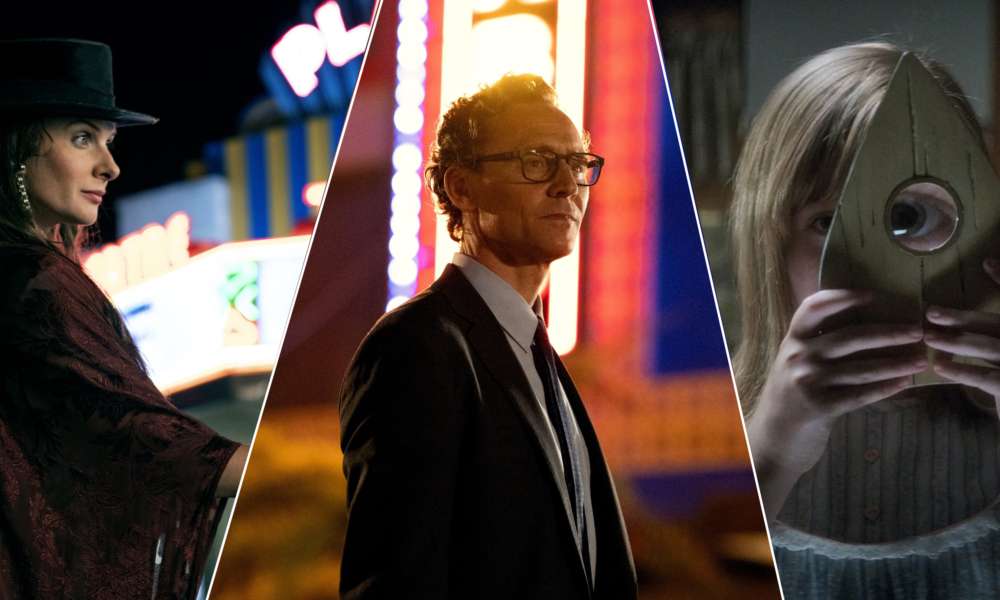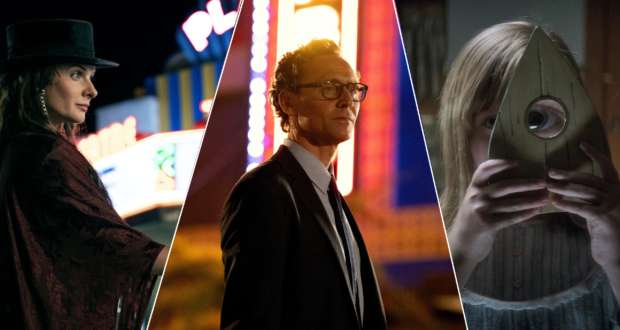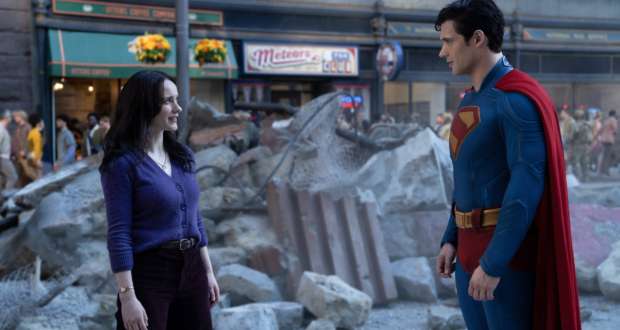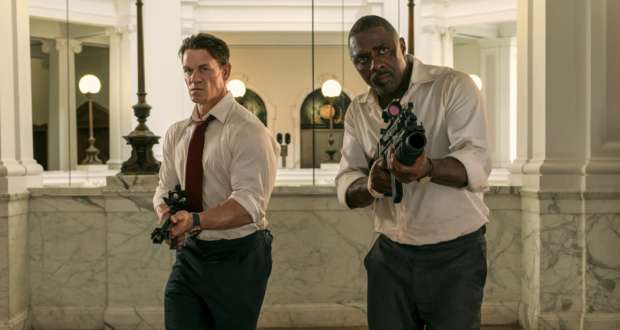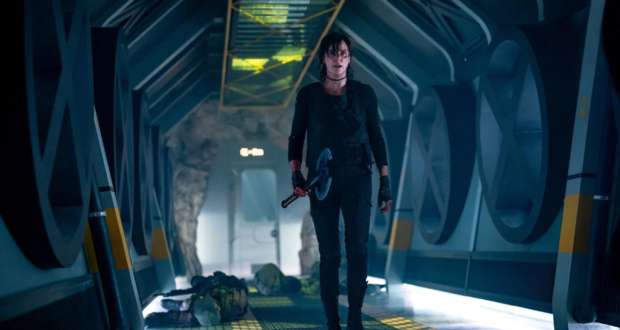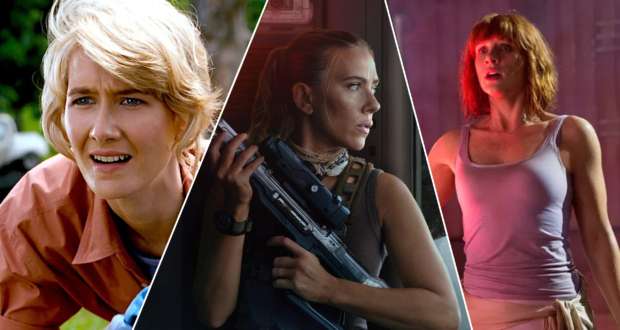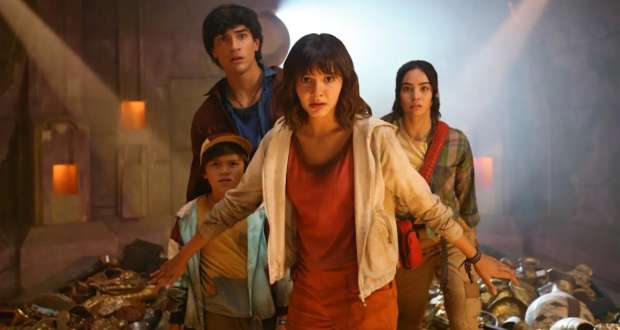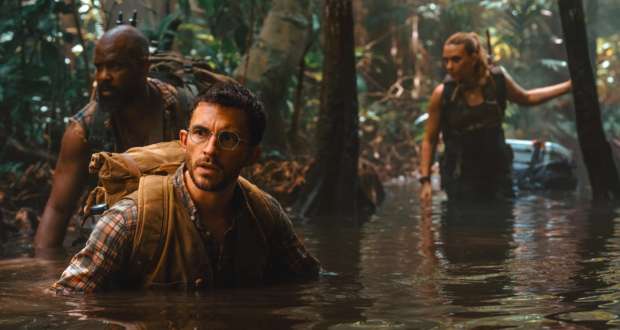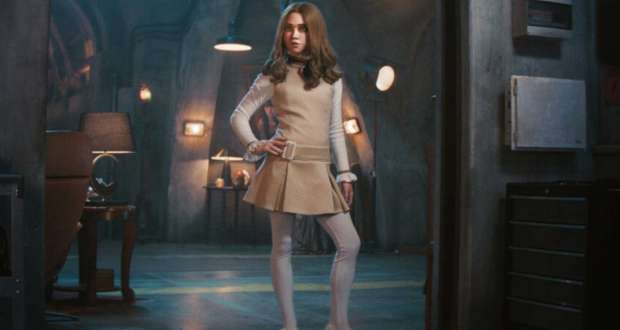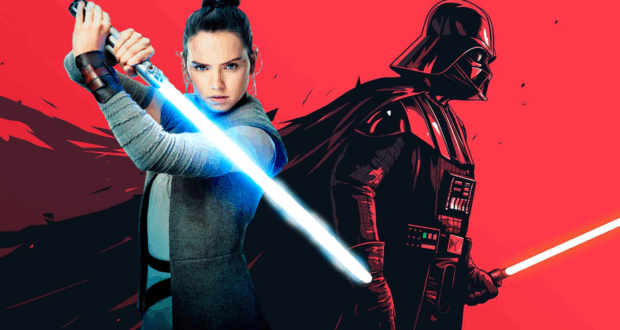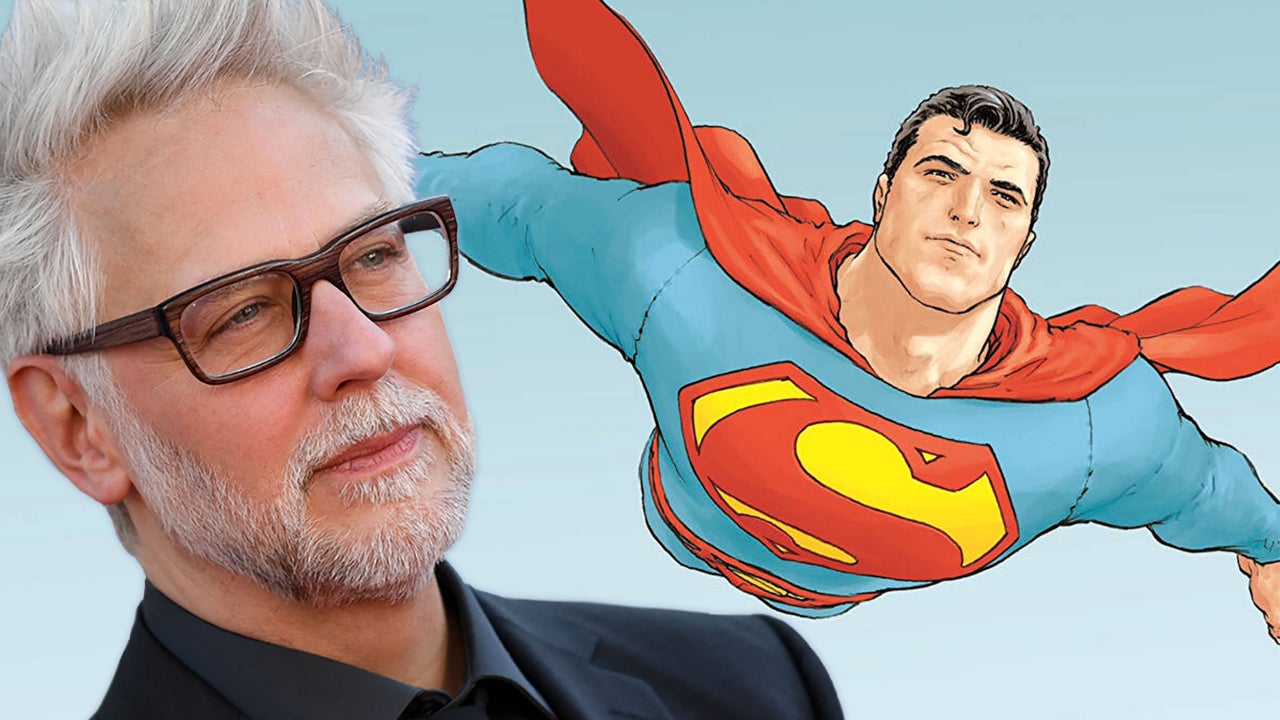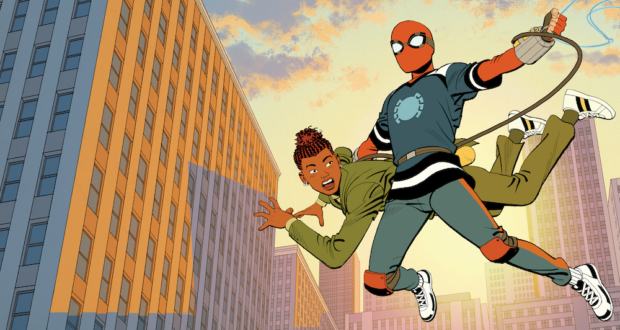It’s pretty safe to say that Mike Flanagan is one of the most consistently great filmmakers out there today. With eight films now under his belt and not a single one of them being a dud, Flanagan’s career is one that is absolutely awe-inspiring, especially for young filmmakers.
With the release of his latest film The Life of Chuck, I figured now is the perfect time to rank all eight of his feature directorial effects up to this point, from worst to best. But keep in mind that even Flanagan’s “worst” movie is one that I still consider to be excellent.
8. Absentia (2011)
Flanagan’s directorial debut, Absentia, is an eerie and intimate psychological horror film made on a shoestring budget. While limited in scope and production value, the film already reveals Flanagan’s fascination with trauma, grief, and the supernatural—a thematic signature that would define his later work. The story follows two sisters grappling with the mysterious disappearance of one’s husband and the strange tunnel near their home that may be connected to a series of vanishings.
Despite its raw edges, Absentia works remarkably well as a proof of concept for Flanagan’s future. The use of suggestion over spectacle and emotionally grounded horror makes it far more effective than many higher-budget offerings. It’s a haunting meditation on the void left by loss and the terror of not knowing, but in a stacked filmography, it understandably comes in last—not for lack of quality, but because Flanagan’s skills only sharpened with time
7. Before I Wake (2016)
Before I Wake was shelved for years due to distribution issues, which is unfortunate because it’s one of Flanagan’s most conceptually intriguing films. The story follows a grieving couple who adopt a young boy whose dreams—and nightmares—manifest physically. What begins as a poignant family drama soon turns into a metaphysical horror tale wrapped in striking visual imagery and aching emotional resonance.
While it doesn’t always maintain tonal balance—oscillating between childlike wonder and deep sorrow—the film has an undeniable heart. Jacob Tremblay delivers a soulful performance, and Flanagan’s sensitivity to grief and trauma once again elevates what could have been a standard supernatural chiller. Its lower placement is more a reflection of the competition than the film’s merit.
6. Oculus (2013)
Oculus is the film that announced Flanagan’s arrival to mainstream horror audiences. Adapted from his own short film, this tale of a cursed mirror and a brother-sister duo trying to exorcise its evil is a tightly constructed, brain-bending psychological thriller. The film unfolds in two timelines—past and present—often merging them in dizzying ways that blur reality, trauma, and hallucination.
Flanagan’s flair for editing, narrative disorientation, and emotional depth is on full display here. Oculus juggles spectacle and sadness effectively, managing to evoke terror not just from supernatural horror but from the pain of a family unraveling. While it sometimes overreaches in its ambition, it’s an impressive early entry that cemented his reputation as a cerebral horror craftsman.
5. Hush (2016)
With Hush, Flanagan took the slasher subgenre and reinvented it through minimalist storytelling and maximal tension. Co-written with and starring his wife, Kate Siegel, the film centers on a deaf-mute woman terrorized by a masked killer in her secluded home. The conceit—no dialogue for much of the film—could have been gimmicky in lesser hands, but Flanagan uses it as an engine for suspense and empathy.
Every camera movement, sound cue (or lack thereof), and character decision is meticulously crafted. It’s a film that strips horror down to its essentials, but within those confines, Flanagan crafts something deeply human. Hush is both a technical exercise and a triumph of tension, earning its place in the upper half of his oeuvre.
4. Gerald’s Game (2017)
Adapting Stephen King’s Gerald’s Game was considered near-impossible, but Flanagan turned this internal monologue-heavy novel into one of the best King adaptations ever made. Carla Gugino delivers a career-best performance as a woman left handcuffed to a bed in a remote cabin after her husband dies unexpectedly. The bulk of the film plays out in one room, but Flanagan’s command of psychological horror turns it into a gripping character study.
This is Flanagan at his most cerebral, tackling themes of repression, trauma, and survival with finesse. The “degloving” scene alone is a moment of pure, unforgettable body horror, but the real terror lies in the protagonist’s psychological descent. It’s a harrowing and empowering film that proved Flanagan could blend literary complexity with cinematic potency.
3. Ouija: Origin of Evil (2016)
A prequel to a critically panned board game adaptation had no business being this good. Yet Ouija: Origin of Evil is one of Flanagan’s most surprising accomplishments. Set in 1967 and dripping with period atmosphere, the film transforms what should have been a generic cash grab into a tragic, terrifying tale of grief and possession. Lulu Wilson’s performance as the possessed child is chilling and deeply affecting.
Flanagan applies his usual blend of emotional sincerity and dread, turning this into one of the most heartfelt demonic possession stories in recent memory. The film is a marvel of tonal control, grounded performances, and elegant camerawork. It’s the rare sequel (or prequel, in this case) that completely outshines its predecessor and stands strong on its own.
2. The Life of Chuck (2025)
In The Life of Chuck, Flanagan adapts one of Stephen King’s most introspective and structurally experimental novellas. Told in reverse chronology and divided into three segments, the film stars Tom Hiddleston as the titular Chuck and Chiwetel Ejiofor as a man encountering him in different, surreal phases of life. While not a traditional horror film, it’s filled with existential dread, wonder, and melancholy.
Flanagan’s screenplay—arguably his most poetic—is a masterclass in thematic storytelling. Anchored by magnificent performances and a haunting score, the film explores life’s quiet beauty, the impact of small moments, and the inevitability of death with tenderness and cosmic scope. It’s a bold, emotional swing that further cements Flanagan as a filmmaker unafraid to cross genre boundaries in pursuit of truth.
1. Doctor Sleep (2019)
Balancing reverence to The Shining with originality, Doctor Sleep is Flanagan’s magnum opus. Adapting another King novel, the film picks up decades after the Overlook Hotel’s horrors, following a grown-up, alcoholic Dan Torrance (Ewan McGregor) as he confronts a new supernatural threat: the soul-devouring True Knot, led by Rebecca Ferguson’s hypnotic Rose the Hat. It’s a lush, character-driven epic that’s equally horror, fantasy, and redemption story.
What makes Doctor Sleep so remarkable is Flanagan’s ability to honor both King’s novel and Stanley Kubrick’s film, crafting a bridge between two visions while remaining distinctly his own. It’s visually stunning, emotionally satisfying, and philosophically rich—about addiction, legacy, and the trauma we inherit and confront. As an emotional epic and genre-bending horror odyssey, Doctor Sleep stands as Flanagan’s most accomplished and profound film to date.
